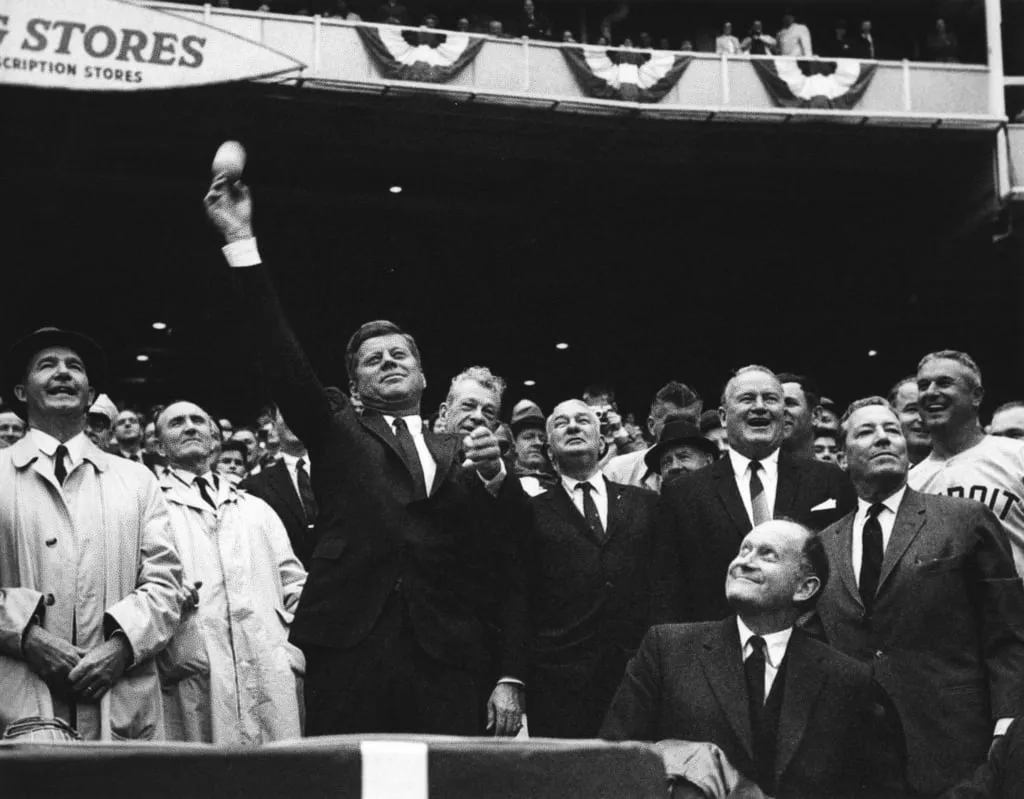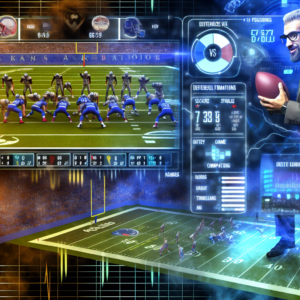
The JFK Assassination: Unveiling the Doubts and Controversies
The Mysteries Unfold
The tragic event of John F. Kennedy’s assassination has, for over 60 years, brewed speculation and skepticism, prompting questions about a purported government cover-up. The theory of “Government Killed JFK” remains a contentious topic among conspiracy enthusiasts worldwide.
Doubts and Official Narratives
The assassination of JFK birthed suspicions and led to enduring doubts. About the FBI and CIA’s withholding of crucial information from both the public and the investigation commission.
The Conspiracy Theories
Over time, doubt surrounding the official account of JFK’s assassination expanded, with Congress in the 1980s acknowledging the possibility of a conspiracy, fueling widespread speculation.
Context and Political Climate
The era of the ’60s, characterized by social upheaval and political tension, sets the backdrop for comprehending JFK’s presidency and the circumstances preceding his tragic demise.
JFK’s Diplomacy vs. Government Agencies
John F. Kennedy’s leadership challenged the secretive operations of the military and intelligence agencies, advocating for diplomacy over clandestine military actions.
The Assassination Day
The fateful day in Dallas saw President Kennedy’s open limousine parade turn tragic, marked by gunshots that echoed, leading to JFK’s demise and the subsequent chaos.
Lee Harvey Oswald and the Fallout
The swift suspicion and eventual shooting of Oswald, the presumed assailant, cut short the possibility of a trial, leaving room for government narratives to take precedence.
The Warren Commission and Hoover’s Influence
The investigation by the Warren Commission, significantly guided by FBI Director J. Edgar Hoover, solidified the narrative of Oswald acting alone, cementing doubts among the populace.
Government Response and Speculation
Government directives to avoid extensive investigation and the appointment of questionable figures to investigative committees further fueled public skepticism.
Concluding the Controversy
The Warren Commission’s report, heavily reliant on FBI evidence, reiterated the narrative of Oswald as the sole perpetrator, perpetuating doubts and fostering conspiracy theories.
The JFK assassination continues to be a significant event in American history, marred by uncertainty, skepticism, and enduring mysteries.
Dissecting JFK’s Assassination: Unveiling Deeper Intrigues and Inconsistencies
The Warren Commission’s Narrative
The intricate details surrounding John F. Kennedy’s assassination have long fueled skepticism, especially the Warren Commission’s conclusions regarding the sequence of events and the involvement of a single assailant. Despite extensive investigations, concrete evidence supporting the notion that the government killed JFK remains elusive.
The Bullet Conundrum
Central to the Warren Commission’s report were the three bullets supposedly responsible for President Kennedy’s wounds. However, discrepancies arise when dissecting the trajectory and impact of each bullet.
Hoover’s Assertion and Commission’s Leverage
J. Edgar Hoover’s adamant insistence on a sole perpetrator echoed into the Warren Commission’s findings, predominantly influenced by evidence funneled through the FBI, thus shaping the narrative around Lee Harvey Oswald.
Ignored Evidence and Manipulated Accounts
Witness accounts and medical reports contradicting the Warren Commission’s claims were either disregarded or modified, emphasizing Oswald’s alleged solitary involvement while steering away from conspiracy possibilities.
Government Fears and Cover-Up Speculations
The early ’60s were riddled with Cold War tensions, making a conspiracy theory around JFK’s assassination a plausible cause for pandemonium, leading to government attempts to simplify and control the narrative.
Congressional Resurgence and New Investigations
Years later, congressional committees reopened investigations into the assassination, uncovering withheld evidence and FBI directives to destroy pertinent information, reigniting public scrutiny and distrust.
The Shift in Public Perception
As conspiracy theories emerged, compounded by other suspicious events, including Martin Luther King Jr.’s assassination, Americans increasingly lost faith in their government, demanding transparency and answers.
Cinematic Narratives and Waning Trust
Movies delving into alternative theories gained popularity, reflecting the public’s growing suspicion of a government cover-up, reinforcing the belief that pertinent information remained undisclosed.
Government Transparency Initiatives
Under intense public pressure, Congress compelled agencies to release withheld information, attempting to address past cover-up accusations and bring forth long-awaited clarity to the American people.
The persistent doubts and unresolved questions surrounding JFK’s assassination continue to beckon a quest for truth, urging a reevaluation of historical accounts and emphasizing the need for unfettered transparency.
Unveiling the JFK Assassination Documents: Revisiting Decades of Intrigue
Congressional Unveiling and Document Review
In 1992, Congress enacted a law stipulating the release of documents related to JFK’s assassination by October 2017. Tasked with this directive, a committee undertook years of scrutiny to prepare these records for public disclosure.
Discrepancies and Missing Records
The review revealed discrepancies and possible cover-ups, particularly regarding inconsistencies in the autopsy report, both initially observed and officially released. Additionally, the CIA and FBI surveillance on Oswald raised further questions about undisclosed information.
Ongoing Absences and CIA’s Withholding
Despite releasing 5 million documents, the CIA retained a few thousand, fueling public skepticism. Moreover, various records, including those from a CIA official who led the post-assassination investigation, remain unaccounted for. This absence leaves critical gaps in the historical narrative, contributing to ongoing uncertainties about the events.
Lack of Definitive Evidence
Surprisingly, amidst the extensive documentation, no concrete evidence emerged to implicate anyone beyond Lee Harvey Oswald. The absence of a decisive smoking gun perpetuated the public’s mistrust, reinforcing suspicions of withheld information and perpetuated cover-ups. The idea that the government killed JFK is often entwined with broader suspicions of withheld information and covert operations.
Pervasive Speculation and Alternate Theories
The dearth of compelling evidence led to a proliferation of alternative theories online, ranging from involvement by LBJ to rogue CIA factions or even Cuba. Speculations, fueled by a void in information, gained traction, prompting a myriad of investigations and public scrutiny.
Seeds of Distrust and Conspiracy Theories
The government’s reluctance to be transparent further sowed seeds of distrust, fostering an environment ripe for conspiracy theories. Unexplained occurrences, suspicious deaths, and intriguing visual elements from that day continue to invite further investigation, feeding into speculative narratives.
Learn more about changing new world order in the article “Changing World Orders: Insights from Historical Cycles“.
Absence of Conclusive Proof
Despite the intrigue and suggestive elements, a solid alternate narrative or definitive proof challenging the original lone gunman theory remains elusive. The lack of undeniable evidence has sustained an atmosphere of uncertainty and perpetual inquiry.
Legacy of Governmental Mistrust
The lasting legacy of government opacity surrounding JFK’s assassination has left an indelible mark on public trust. The perception of being misled by authorities has driven persistent skepticism and a quest for an elusive ‘real truth.’
Conclusion: Straddling the Unknown
While suspicions of a larger conspiracy persist, the lack of conclusive evidence perpetuates an enduring enigma. The vacuum of definitive proof has allowed theories to proliferate, resonating with a populace disillusioned by perceived government secrecy. “Government Killed JFK” continues to spark debate, drawing attention to the lingering uncertainties surrounding President Kennedy’s assassination.
The enduring legacy of the JFK assassination remains one of intrigue, speculation, and an unresolved quest for the complete truth, underscoring the complexities of historical events and the enduring human quest for clarity and closure.







